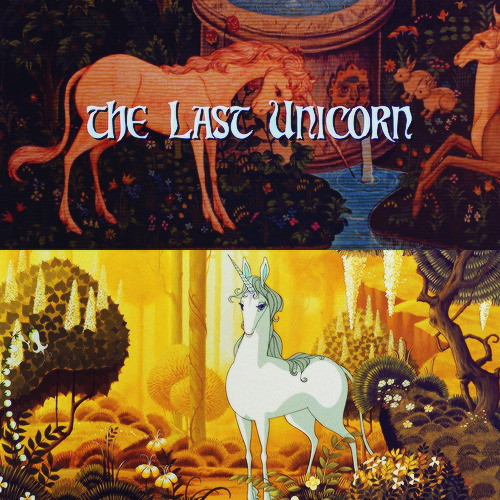I love Victorian poetry. It's not, however, an incredibly popular era in the modern critic's mind. Outside of the true Romantics (Byron, Keats, Shelley, and co.) and Tennyson, much of the neo-Arthurian, pre-Raphelite, new chivalric poetry (what? That's totally a thing) of the era is dismissed as being moralizing and ostentatious. And it really is, I can't deny that, but I don't want to, because it is my crack. Give me a thinly veiled allegory starring knights and monsters and I will be a happy camper. Basically I'm a grown up Sarah from The Labyrinth (and I'm ok with that). All that just to say 'trashy' Victorian poetry has a special place in my heart, and the fact that much of it has been forgotten is a travesty.
On that note I'd like to introduce you to one of my favorite poets from that era: Adelaide Anne Procter. I do not know why she's largely been ignored in modern evaluations of that poetic era, because in her day she was one of the most popular poets in England, second only to Alfred Lord Tennyson. She was Queen Victoria's favorite poet, and Dickens was a huge fan of her work as well. Procter was an amazing person as well as an amazing poet.A Roman Catholic convert, she was incredibly involved in philanthropic and charity work. She worked with poor, destitute, and 'fallen' women, helping them to get back on their feet, find food and shelter, etc. She was also involved in movements that sought to improve conditions for women generally in England. She died in 1864 of Tuberculosis, contracted (according to Dickens) from overexerting herself in her charitable efforts.
If you too have a special place in your heart for this sort of thing, I highly recommend you give her a try :)
A Knight Errant
By Adelaide Anne Proctor
Though he lived and died among us,
Yet his name may be enrolled
With the knights whose deeds of daring
Ancient chronicles have told.
Still a stripling, he encountered
Poverty, and struggled long,
Gathering force from every effort,
Till he knew his arm was strong.
Then his heart and life he offered
To his radiant mistress--Truth;
Never thought, or dream, or faltering,
Marred the promise of his youth.
So he rode forth to defend her,
And her peerless worth proclaim;
Challenging each recreant doubter
Who aspersed her spotless name.
First upon his path stood Ignorance,
Hideous in his brutal might;
Hard the blows and long the battle
Ere the monster took to flight.
Then, with light and fearless spirit,
Prejudice he dared to brave;
Hunting back the lying craven
To her black sulphureous cave.
Followed by his servile minions,
Custom, the old Giant, rose;
Yet he, too, at last was conquered
By the good Knight's weighty blows.
Then he turned, and, flushed with victory
Struck upon the brazen shield
Of the world's great king, Opinion
And defied him to the field.
Once again he rose a conqueror,
And, though wounded in the fight,
With a dying smile of triumph
Saw that Truth had gained her right.
On his failing ear re-echoing
Came the shouting round her throne;
Little cared he that no future
With her name would link his own.
Spent with many a hard-fought battle,
Slowly ebbed his life away,
And the crowd that flocked to greet her
Trampled on him where he lay.
Gathering all his strength, he saw her
Crowned and reigning in her pride!
Looked his last upon her beauty,
Raised his eyes to God, and died.







































